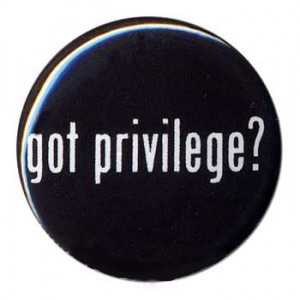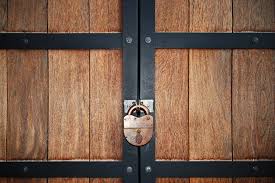The intersection of race and privilege is an ominous crossroads.
It pops up whenever a white person says something like, “People have made jokes about my Irish ancestry, and I never get offended. So what’s with all these Latinos getting upset about wetback jokes?”
If you’ve said something like this and fail to see the problem, I’m not sure I can help you. But let me just point out that the inability — indeed, the outright refusal — to see the world though anyone else’s eyes is a hallmark of privilege.

In America, the concept of privilege is closely related to race. White privilege is even its own catchphrase and subset of cultural angst.
Recently, my friend Hector Luis Alamo wrote a piece for Latino Rebels in which he stated that “resentment towards whites runs deep in Latino communities.” He went on to list the reasons for this resentment, including the fact that “Latinos in America aren’t granted nearly as many tools and opportunities as whites.”
This is all true, of course, but it doesn’t stop there.
Over at Huffington Post, César Vargas stated that white privilege seeps into the Latino community itself. He implied that Latinos who are lighter in skin (like me) receive benefits that darker-skinned Hispanics do not. Vargas wrote that the “Latino representation in the States seems to be a microcosm of the racial and social disparity in Latin America” and that “white Hispanics [are] ill-equipped to speak for the rest of us.”
About this time, we all start getting a bit uncomfortable with these ideas.
After all, we’re not talking about some Klan member shouting that whites are the master race. We’re referring to good, sincere white people — and even light-skinned Latinos — who enjoy an easier life by virtue of their skin tone, and who are repulsed at the very idea of bigotry.
But white privilege is a powerful and quite real thing. It sneaks up on its recipients in ways that they may not even recognize.
For example, many studies have shown that people are more likely to help individuals who resemble them. Ergo, whites in positions of power are more likely to mentor and guide their fellow whites, regardless of their actual talents or abilities.
And of course, if you’re a white cop who shoots an unarmed black kid under the most suspicious of circumstances, literally hundreds of thousands of people will rush to your defense. And they will most likely be white.
What does all this mean? Well, at the very least, it should mean that if you’ve benefitted from white privilege, give thanks for your lucky genes, and strive to make America a place where such randomness doesn’t prop up our entire social structure.
And if someone makes a joke about you being Irish, don’t think it lets you off the hook.







